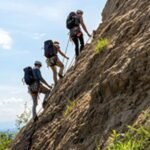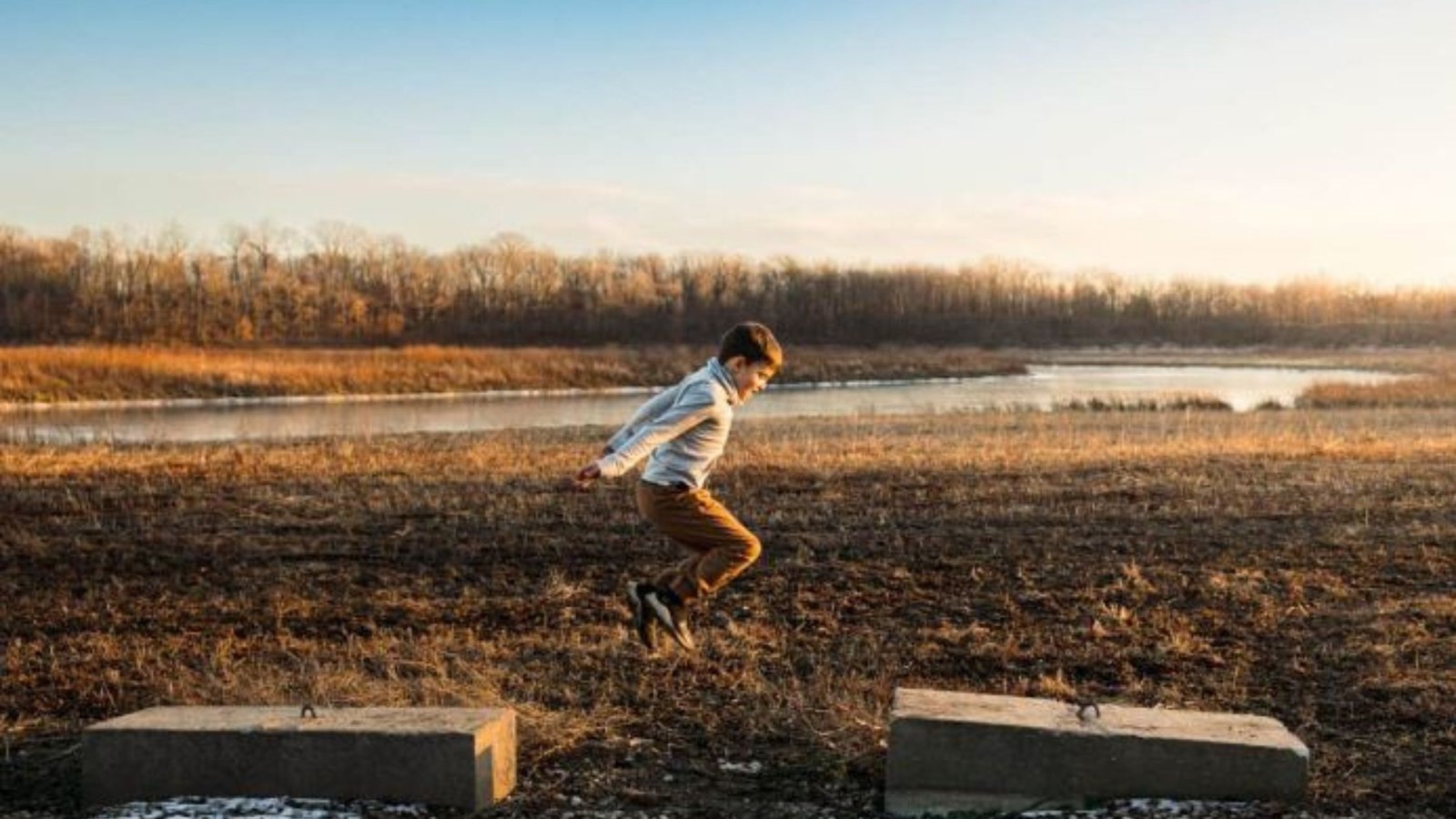Planning a camping trip can be a thrilling adventure, offering a chance to reconnect with nature and unwind from the hustle and bustle of daily life. Whether you’re a seasoned camper or a newbie, a well-planned trip can make all the difference. Here’s a comprehensive guide to help you plan the perfect camping trip.

1. Choose the Right Campsite
Selecting the right campsite is the first step in planning a perfect camping trip. Consider the following factors:
- Location: Choose a campsite that’s convenient and meets your preferences, whether it’s in the mountains, near a lake, or deep in the forest.
- Amenities: Check if the campsite offers necessary amenities such as restrooms, potable water, and picnic tables.
- Activities: Look for a campsite that offers activities you enjoy, such as hiking, fishing, or swimming.
2. Make a Reservation
Popular campsites can fill up quickly, especially during peak seasons. Make your reservation well in advance to secure your spot. Some campsites allow online bookings, while others may require phone calls or in-person reservations.
3. Pack Essential Gear
Packing the right gear is crucial for a successful camping trip. Here’s a list of essentials:
- Tent: Choose a tent that’s appropriate for the number of people and the weather conditions.
- Sleeping Bag and Pad: Ensure you have a comfortable sleeping bag and pad for a good night’s sleep.
- Cooking Supplies: Bring a portable stove, cookware, utensils, and a cooler for food storage.
- Clothing: Pack layers to accommodate changing weather conditions. Don’t forget rain gear and sturdy shoes.
- First Aid Kit: Include bandages, antiseptics, pain relievers, and any necessary medications.
- Lighting: Bring headlamps, lanterns, and extra batteries.
- Navigation Tools: A map, compass, or GPS device can help you navigate unfamiliar terrain.
4. Plan Your Meals
Planning your meals in advance ensures you have enough food and the right supplies. Consider easy-to-cook meals and snacks that are nutritious and filling. Don’t forget to pack plenty of water or a water filtration system if you’re camping in a remote area.
5. Prepare for the Weather
Check the weather forecast before your trip and pack accordingly. Be prepared for unexpected weather changes by bringing extra layers, rain gear, and sun protection.
6. Practice Leave No Trace Principles
Respect nature by following Leave No Trace principles. These include:
- Dispose of Waste Properly: Pack out all trash and dispose of it in designated areas.
- Respect Wildlife: Observe animals from a distance and do not feed them.
- Minimize Campfire Impact: Use a camp stove for cooking and only light campfires in designated areas.
- Leave What You Find: Do not take plants, rocks, or artifacts from the campsite.
7. Plan Activities
Having a plan for activities can enhance your camping experience. Consider including:
- Hiking: Explore nearby trails and enjoy the scenic views.
- Fishing: If permitted, bring fishing gear for a relaxing day by the water.
- Stargazing: Enjoy the night sky away from city lights.
- Games: Pack lightweight games like cards, frisbees, or a football.
8. Ensure Safety
Safety should be a top priority on your camping trip. Inform someone of your plans, including your campsite location and expected return date. Familiarize yourself with the campsite’s emergency procedures and location of the nearest medical facility.
Conclusion
Planning a perfect camping trip involves careful preparation and attention to detail. By choosing the right campsite, packing essential gear, planning your meals, and respecting nature, you can ensure a memorable and enjoyable outdoor experience. Embrace the adventure, connect with nature, and create lasting memories on your perfect camping trip.











